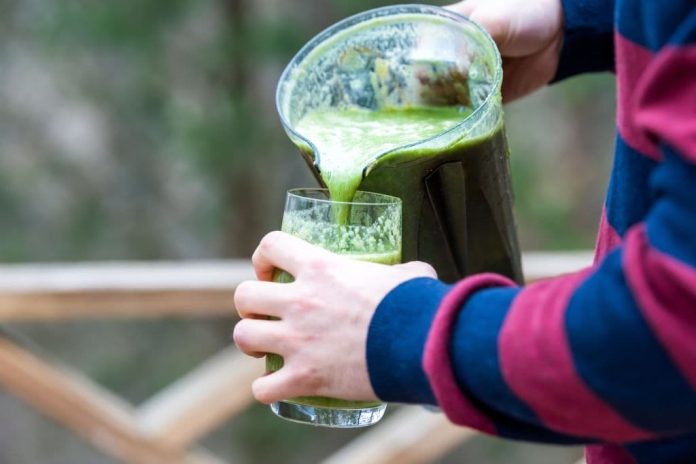Meal replacement shakes are quite a popular subject for discussion. Whether you’re looking for a quick meal on the road, or are trying to lose some weight, a shake may be the answer.
In contrast to protein shakes, meal replacement shakes are designed to offer the nutrients found in a complete meal.
Some are ready-to-drink in a can or container, while others are powdered and may be mixed with milk or water.
The majority of meal shakes include between 200 and 400 calories and are high in protein, fiber, and important vitamins and minerals.
As a result, meal replacement drinks are an easy way to have a nutritious, low-calorie meal on the move.
Table of Contents
What Is Meal Replacement Shakes?
A meal replacement shake is intended to serve as a substitute for breakfast, lunch, and supper. They are often nutrient-dense, yet contain fewer calories than a meal. If you find yourself being hungry often, look into getting a high-protein meal replacement shake.
On average, men consume between 2,000 and 3,000 calories per day, while women consume between 1,600 and 2,400. Experts suggest that the following be included in your diet:
- Vegetables
- Fresh fruits
- Grains in their entirety
- Milk, cheese, and, yogurt and other dairy products.
- Protein-rich foods such as meat, eggs, beans, and shellfish
- Vegetable oils and fats
While meal replacement shakes often lack fruits, vegetables, and grains, they are typically high in the nutrients found in such foods.
How Do Meal Replacement Shakes Work?
Meal replacement shakes are high in protein, which means they will fill you up without adding additional calories. These are the best meal replacement shakes for muscle gain, since it aids in weight loss without compromising muscle mass. Certain meal replacement shakes are prepared in advance and are available in single-serving bottles. Others need to be mixed and prepared.
The Health Benefits of Meal Replacement Shakes
Nutrient-dense: If you know you won’t have time to stop and eat, a meal replacement shake is one way to ensure you have a nutritious alternative. It may be tempting to visit a fast-food restaurant with all its unhealthy alternatives, but bear in mind that what you put in your body contributes to your overall health and wellbeing. Additionally, you’re likely to spend more on a burger than on a meal replacement shake.
Low caloric content: If you’re monitoring your weight or attempting to lose weight, a meal replacement drink is a smart addition to your diet. One of the difficulties associated with weight loss is hunger and cravings, but meal replacement shakes can assist you in overcoming this issue.
Added fiber: Along with protein, which keeps you full, meal replacement drinks are often high in fiber. This promotes good digestion and prevents bloating and constipation.
Weight loss: Studies have shown that meal replacement shakes aid in weight loss. One researcher followed two groups of participants over the course of three months as they attempted to lose weight. The group who did not consume meal replacement drinks had dropped just 1.5% of their body weight by the end of the research period. The group that consumed replacement shakes dropped 7.8% of their body weight.
Nutrients and Vitamins In Meal Replacement Shakes
Meal replacement shakes are designed to deliver all of the nutrients found in a balanced meal. While trying to restrict your calorie intake, it may be challenging to get all the nutrients you need in your diet.
Shakes are often packed with nutrients, which will help you meet your nutritional requirements while still limiting calorie intake. Protein, fiber, and important vitamins and minerals are all included in meal replacement drinks.
Commercial shakes include minerals such as calcium, potassium, iron, and vitamin D, all of which are deficient in the diets of many individuals.
Key Takeaway: Because meal replacement shakes include all of the nutrients found in a meal, you will still get all the nutrients you need, while limiting calorie intake to aid in weight loss.
Additional Thoughts
Consider allergens. Check labels before buying if you have a dairy allergy or are lactose intolerant. Keep in mind that protein is derived from cow’s milk, you may wish to look for a plant-based protein mix instead.




